Ayo Akinwande's The Listening Room @ The Jazzhole, Lagos
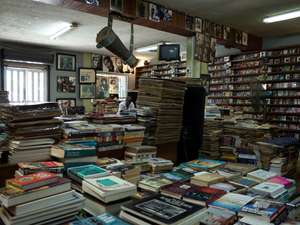
The Jazzhole, on Awolowo Road in Ikoyi, Lagos is a Nigerian cultural institution, an offshoot of the book store Glendora, home of the small but greatly significant Nigerian publishers of Glendora Review: African Quarterly on the Arts . The Jazzhole is host to many artists and collectors in the Nigerian cultural scene who find this music and book store a quiet hideaway in the bustle of the city and a treasure trove of rare books and music. More than a music or book store, this space embodies a cultural legacy, reflected in the collections visible across the book shelves. The proprietor Mr Olakunle Tejuoso, an exceptional individual with a depth of historical knowledge about Nigerian arts and culture in all of its different guises. This is perhpas due to his long standing work with Glendora Review, and a continued belief in the importance of the African arts. The Glendora Review, was a quarterly magazine, that began following the Abacha regime, in 1995 and is known for its literary work in Nigerian arts and Nigerian intellectual critique.
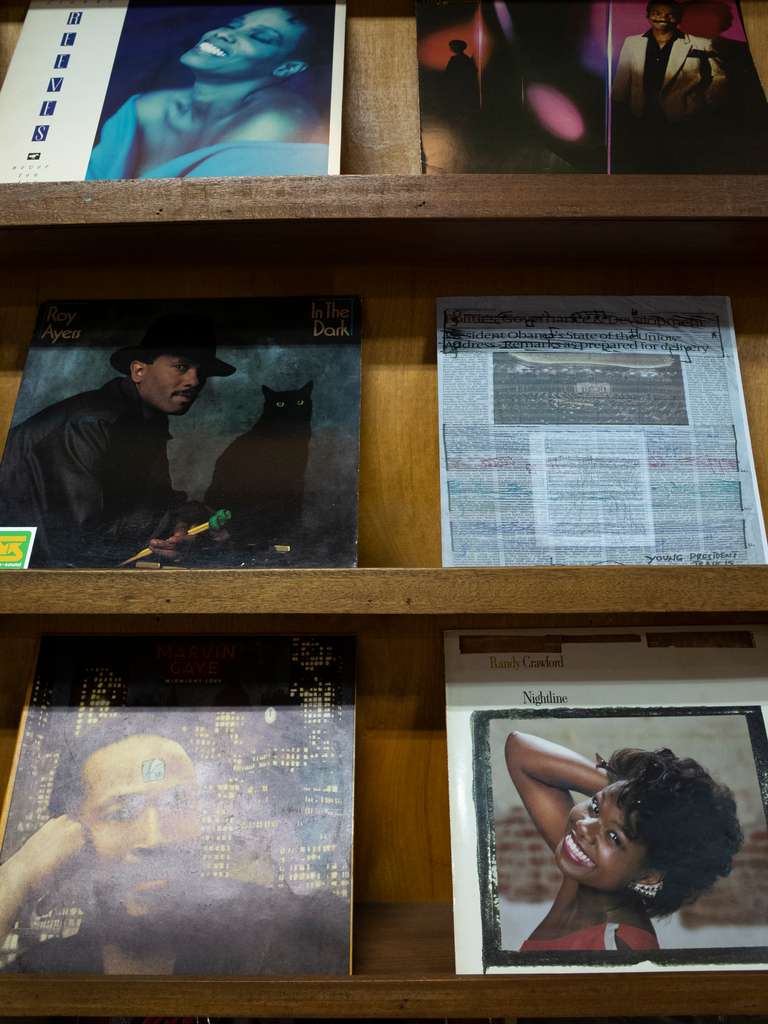
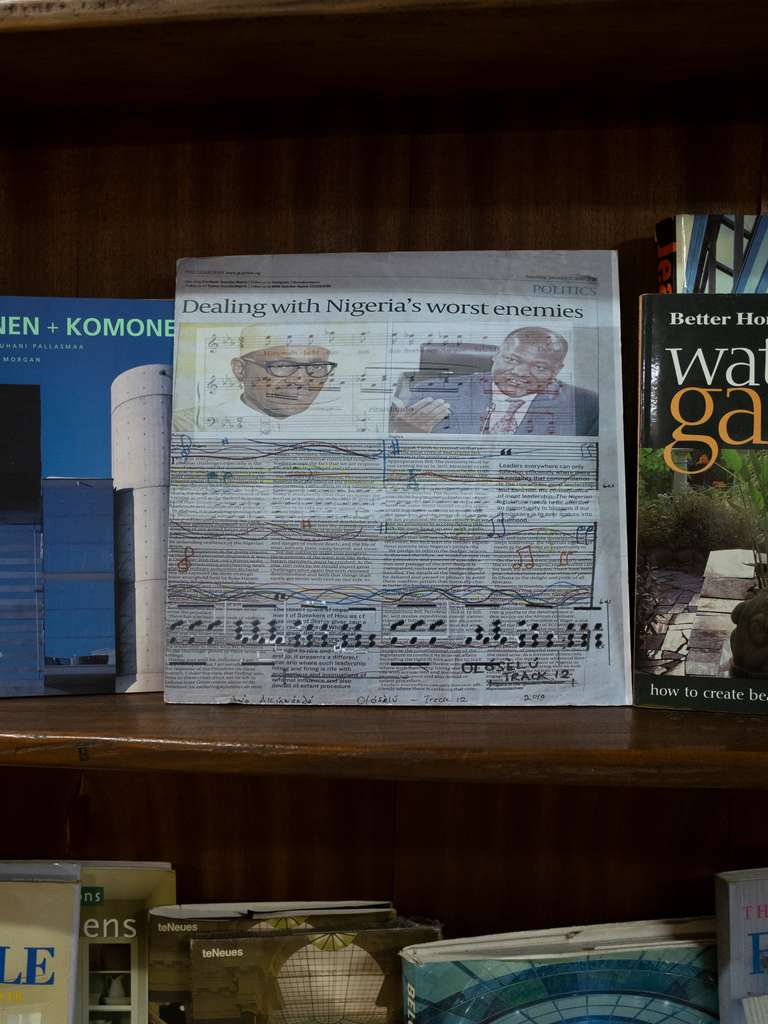
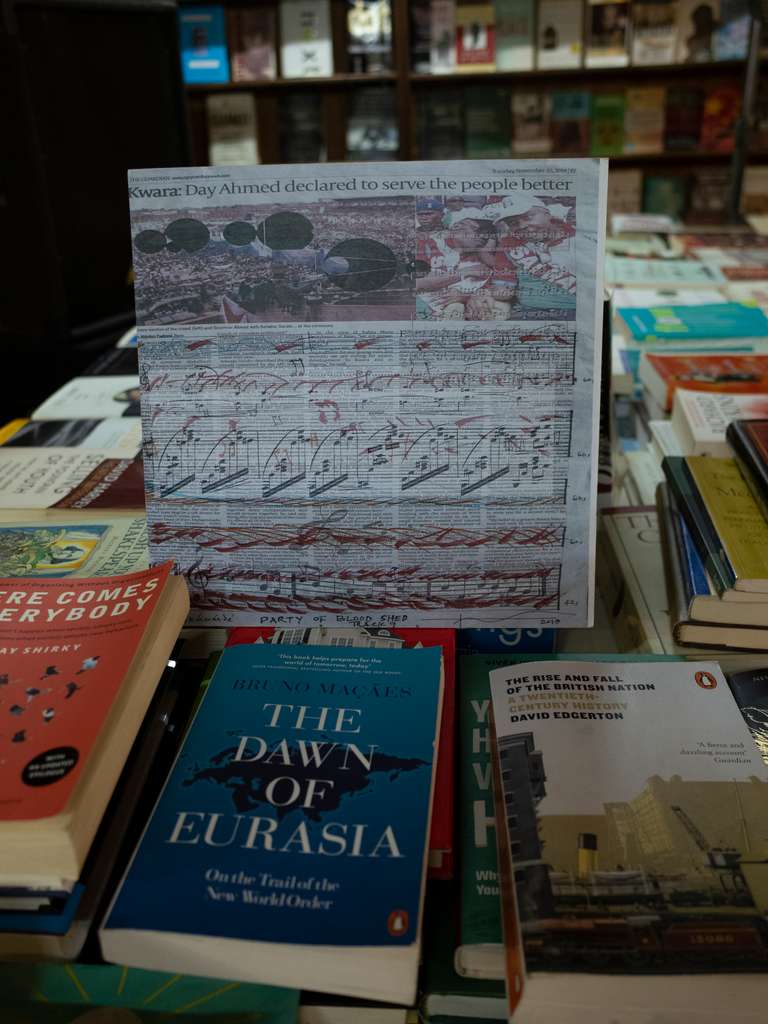
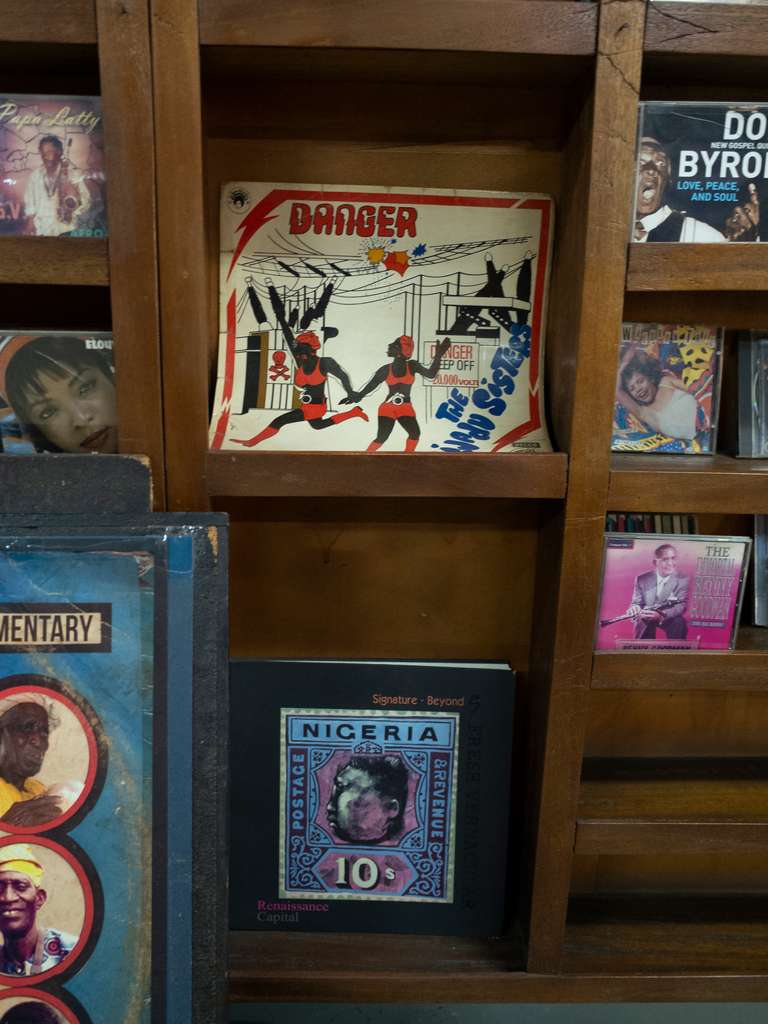
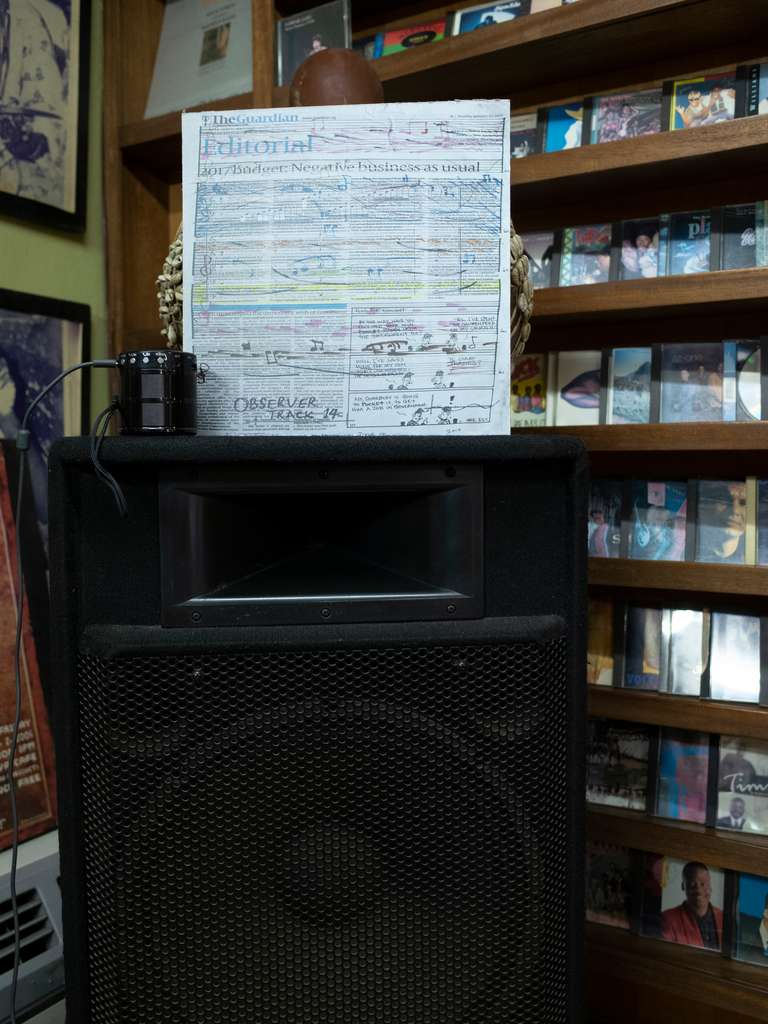
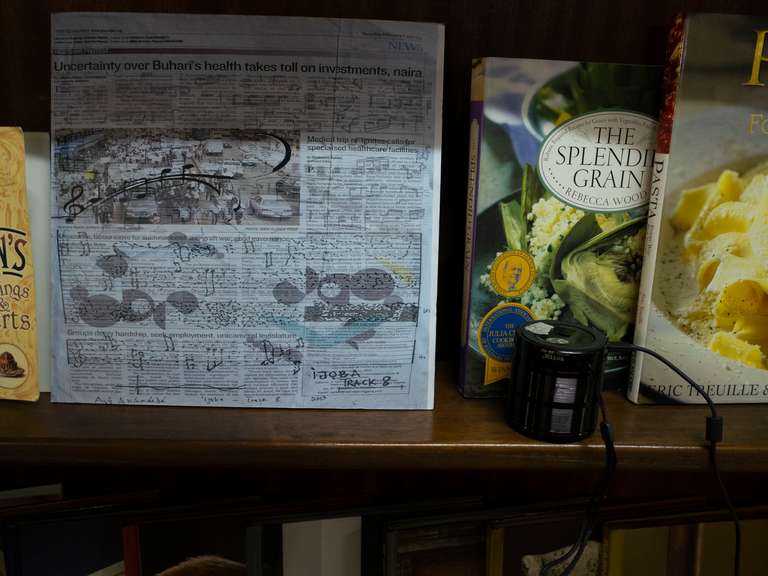
It is perhaps for this reason that artist Ayo Akinwande's art installation’Mumu LP Vol.3: The Listening Room’ from 27 October to the 10 November, 2019 found its place at the Jazzhole, an interruption in the quiet book store, bringing the cacophony of Lagos city as a jazz-like musical composition amongst the books and LPs. It is 'an audio-visual panorama', Akinwande states, that presents the range of political conversations taking place in public spaces such as the bus-stops in Lagos. The ArtoP team were pleased to be joined by the artist himself at the Jazzhole to talk about this installation and his other work, over a cup of tea.
The Mumu LP Vol3 is part of a series and informed by Akinwande's trajectories from earlier work on politics and political voice in Nigeria; the Power Show (2016) and Power Show II (2018), that both engage with literal, metaphorical and spiritual ideas of power. In a city where political power and infrastructural power such as the infamous NEPA (National Electric Power Authority) are intertwined Akinwande's installation for Power Show I at the Omenka Gallery, illustrate the difficulties of facing life with power outages and fuel scarcity. Using materials such as the blue and yellow generator tanks, old tyres, generators, and NEPA bills, he constructs shrines, large figures of electric repair men, and a costume and mask for performances, all intended to draw attention to the paradox of an oil rich country that suffers from energy shortages and the vulnerabilities that arise from this. In Power Show II: The Godfathers are not to Blame (2018), large wooden sculptural figures spread throughout the Revolving Art Incubator space, dressed with hats and colours, a reminder of the incumbent elections at the time, alongside soundscapes and screens of archived political conversations regarding the state of Nigeria. The references to the 'Godfather' (an unofficial political structure whereby influential Nigerian oligarch's seek to influence political leadership and electoral positions) serves as a reminder of cultures of corruption and 'stimulate political consciousness and action amongst the citizenry' (Akinwande, 2019). This ongoing interrogation of the people's voice and their engagement with politics, reappears in the Mumu LP Vol. 3: The Listening Room. Drawing from his Archive of the Future, Akinwande repurposes his collection of sound, to compose music with the sounds of recorded conversations, a development of an earlier performance piece that was the result of a residency in Montreal. The sound is played from small speakers distributed and hidden on the book shelves in the Jazzhole, similarly placed within the collections of books and LPs, composites of musical scores and newspaper cuttings in the format of an LP cover.
